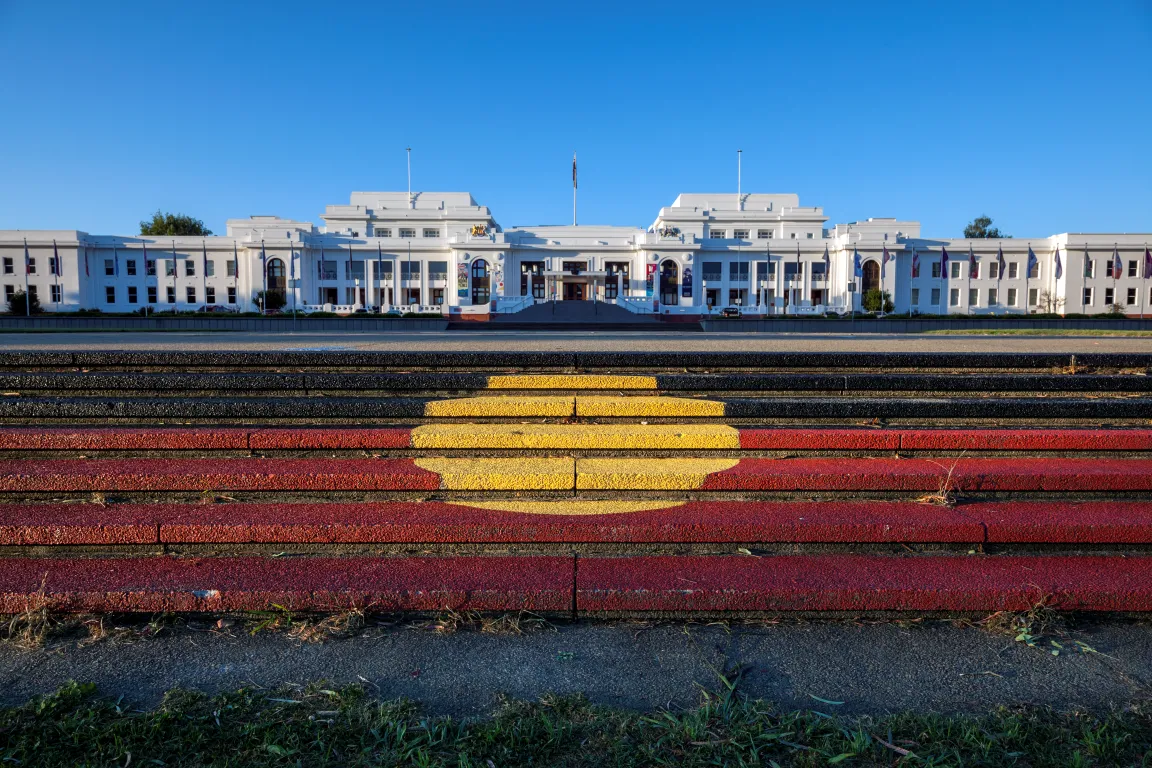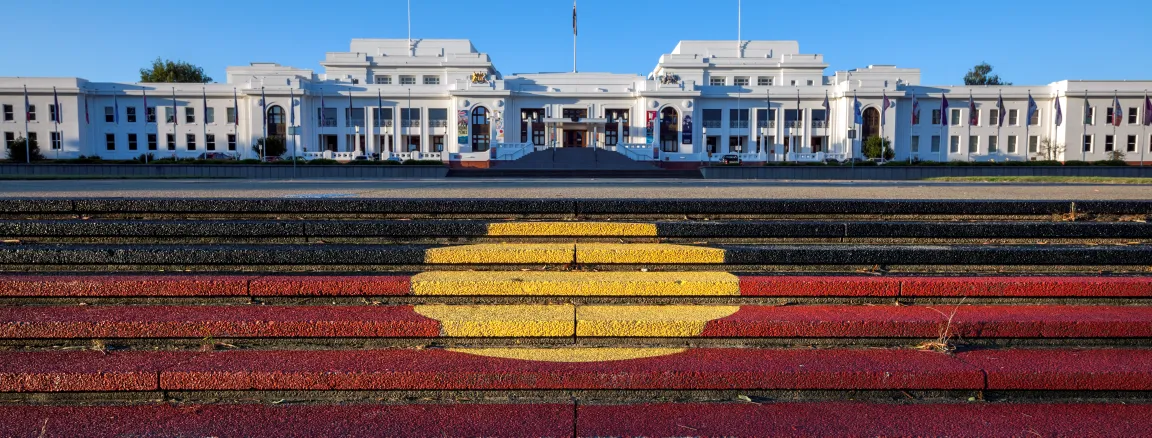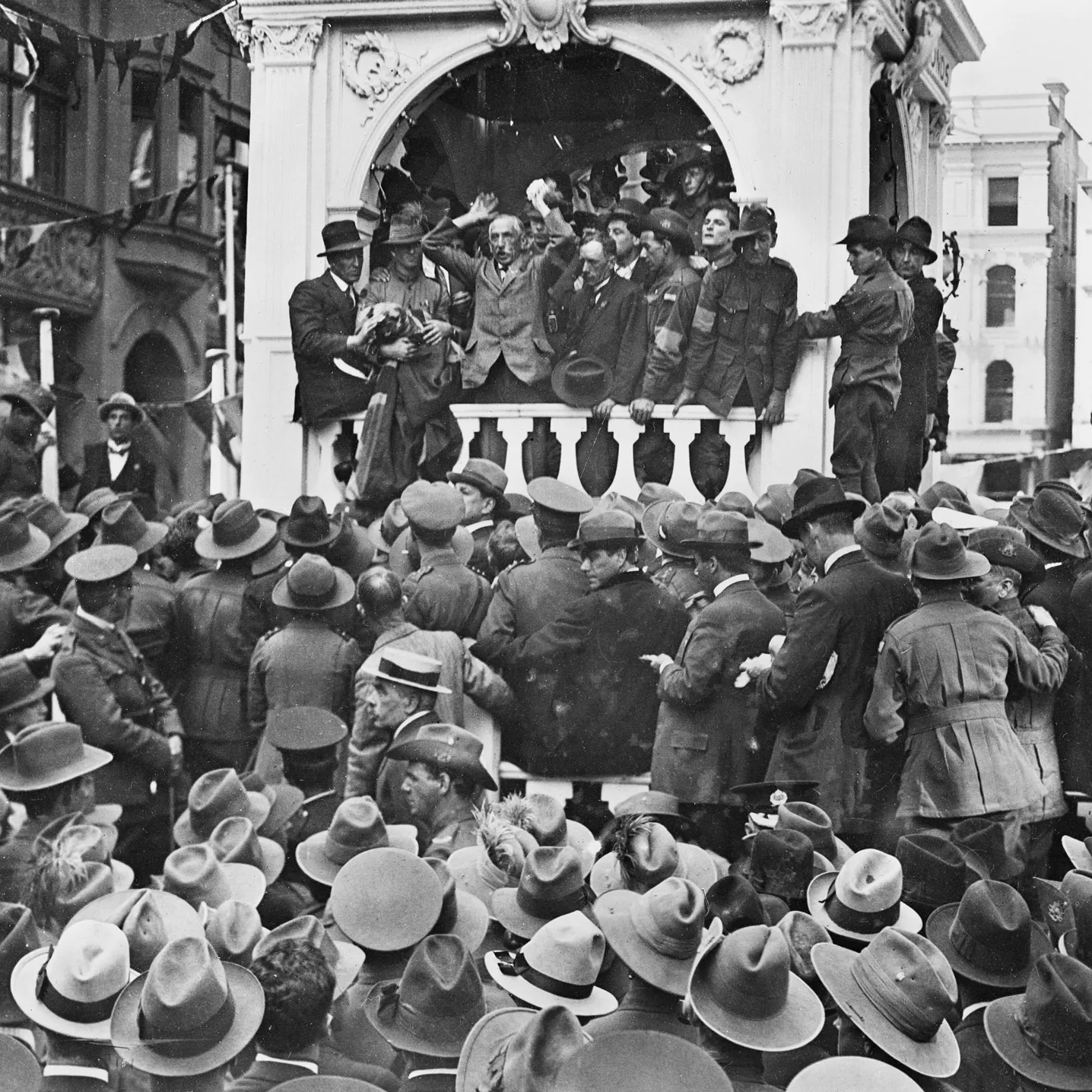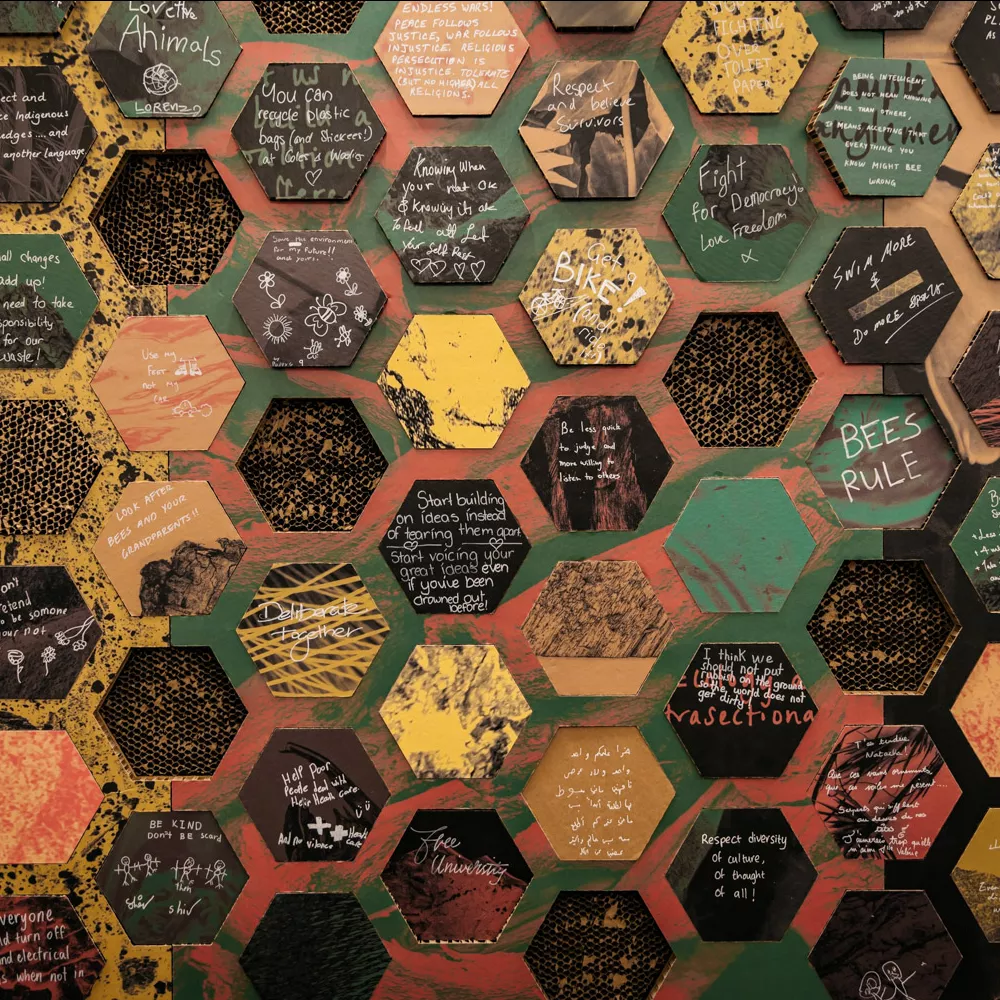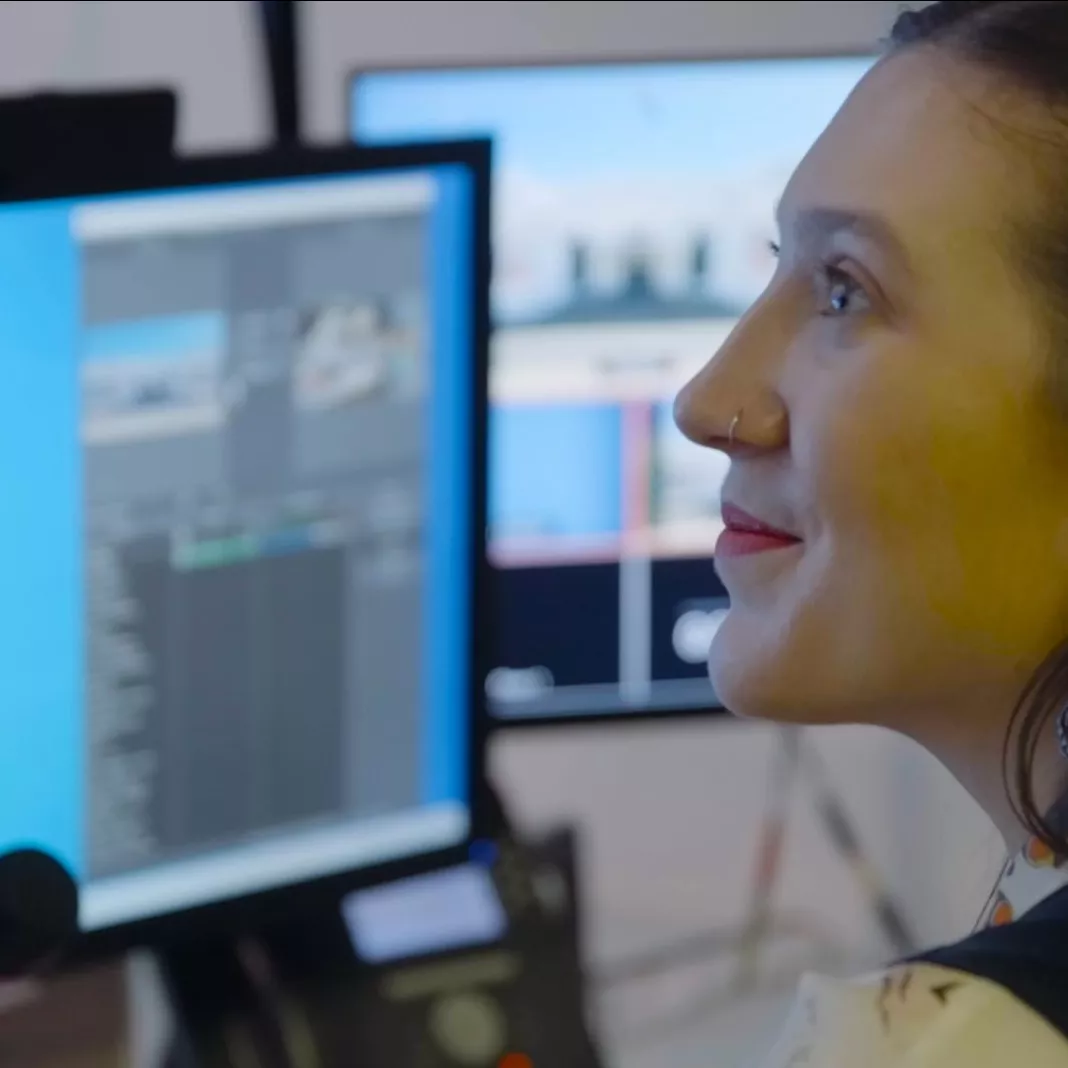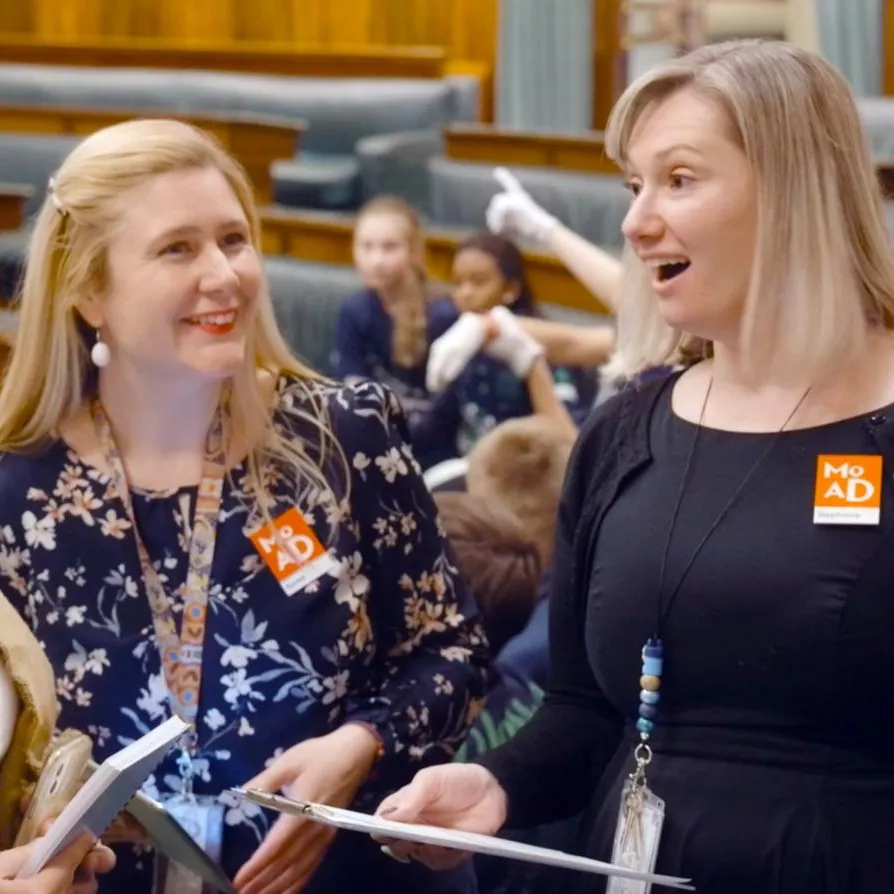Step back in time to explore historic spaces within and around Old Parliament House. Hear the stories of significant First Nations Australians who have worked within the parliamentary system to create change, and those who have actively petitioned for change.
Students will:
- visits historic spaces within Old Parliament House
- consider historical events and meet significant people who have influenced our democracy
- analyse primary and secondary sources
- engage in rich discussion.
Content advice for teachers
First Nations participants are advised that this digital experience contains images of people who have died.
Key information
You will need is a Zoom account connected to an interactive whiteboard in your classroom.
We will send you a Zoom link upon registration.
We offer test connections to any teachers who would like to check in before the program.
45 minutes
5–30
For engagement and meaningful interaction with students, we request a maximum of 30 students for each booking. Multiple classes can be booked through the same form.
Please email bookings@moadoph.gov.au or call 02 6270 8222 with any changes or cancellations.
Check our Terms and conditions for information about changing or cancelling programs.
Your digital program can be recorded to support students with additional learning needs.

